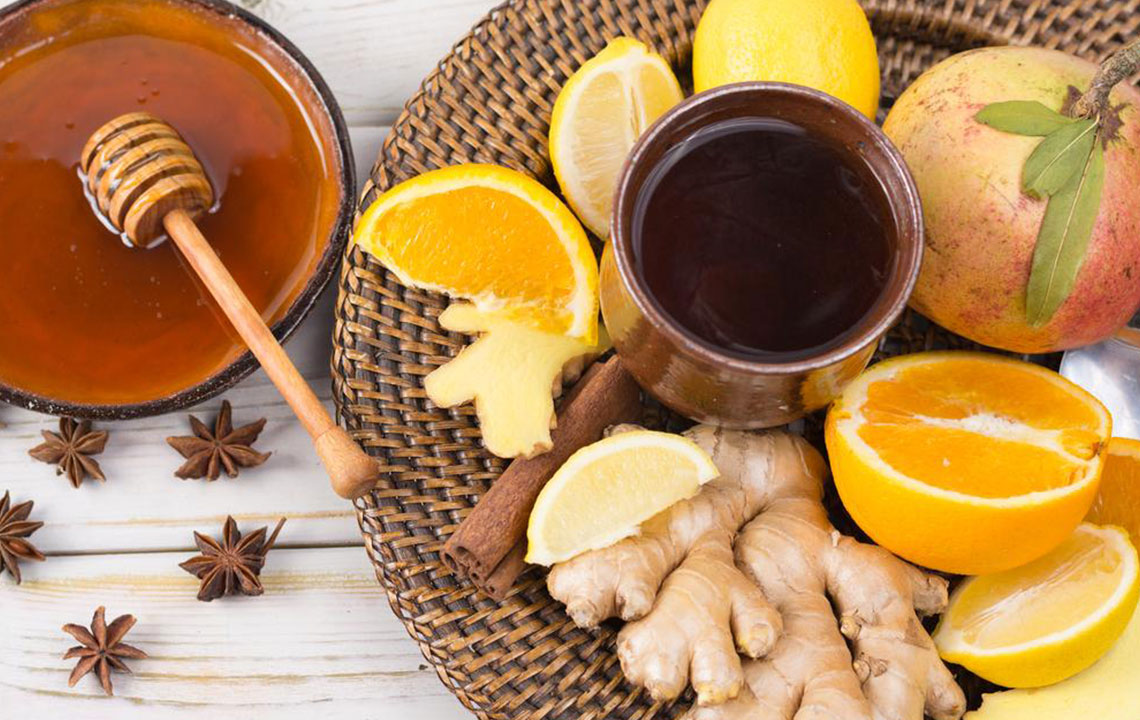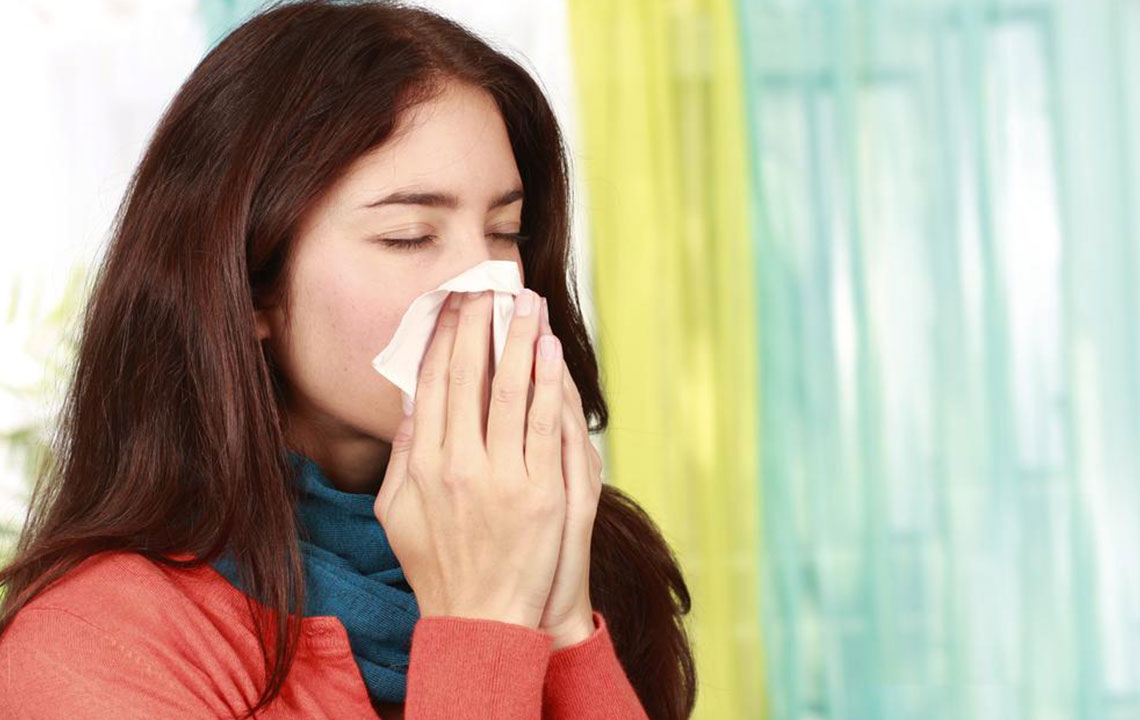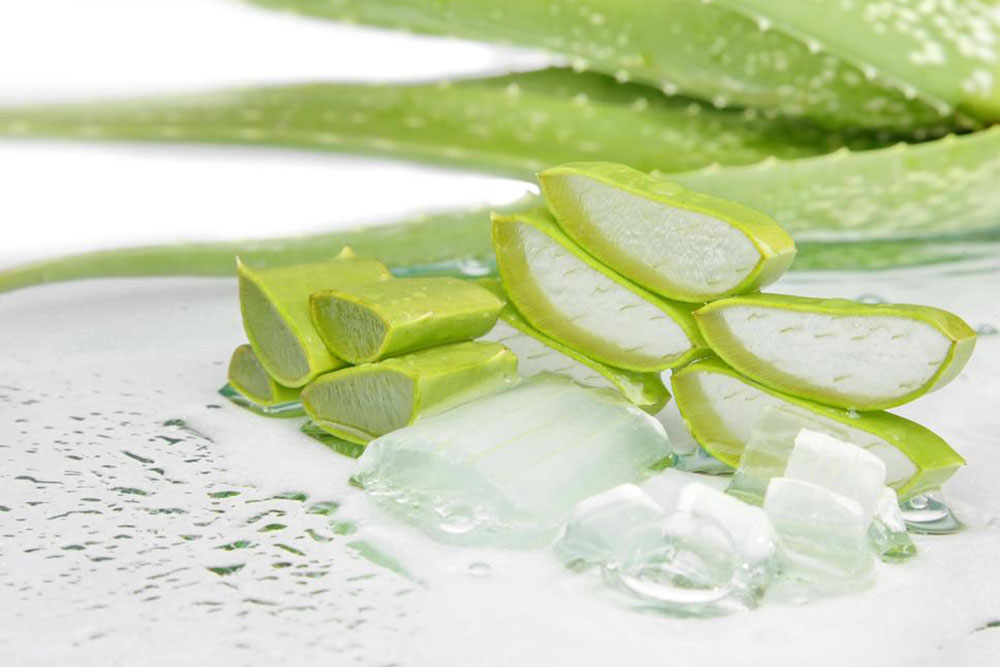Comprehensive Guide to Hiccups: Causes, Symptoms, and Effective Relief Strategies
This comprehensive guide explores the causes, symptoms, and effective remedies for hiccups. It offers practical tips to quickly relieve hiccups and insight into when to seek medical treatment for persistent cases. Suitable for anyone experiencing occasional or chronic hiccups, this article helps understand and manage this common condition effectively.

Comprehensive Guide to Hiccups: Causes, Symptoms, and Effective Relief Strategies
Hiccups, medically known as singultus, are involuntary contractions of the diaphragm muscle—a dome-shaped sheet of muscle that separates the thoracic cavity from the abdominal cavity. These spasms are sudden and involuntary, causing an abrupt closure of the vocal cords, which produces the characteristic ‘hic’ sound. While hiccups are often short-lived and benign, understanding their underlying causes, symptoms, and various relief techniques can help manage discomfort and prevent them from becoming prolonged or persistent.
What causes hiccups?
Hiccups are triggered by a complex reflex involving the diaphragm, the phrenic nerves, and the central nervous system. Although they frequently occur temporarily, several common factors contribute to their onset. The most prevalent causes include overdistention of the stomach, such as after eating large meals or consuming too much alcohol. Rapid ingestion of food or drink, especially hot or cold beverages, can also disturb the diaphragm, leading to spasms. Moreover, lifestyle habits like smoking can irritate the nerves controlling the diaphragm, thereby causing hiccups.
In addition to dietary and lifestyle factors, sudden emotional responses—such as stress, excitement, anxiety, or sudden changes in temperature—may induce hiccups. Certain medical conditions, including gastroesophageal reflux disease (GERD), central nervous system disorders, or metabolic imbalances, can also contribute to prolonged or persistent hiccups.
Symptoms associated with hiccups
Most hiccups are transient, lasting only a few minutes, and resolve on their own without intervention. However, persistent hiccups—those lasting longer than 48 hours—can lead to uncomfortable symptoms such as fatigue, dehydration, and weight loss. In some cases, hiccups may interfere with eating, sleeping, or speaking, significantly affecting daily life. Individuals experiencing chronic hiccups should seek medical evaluation to determine underlying causes and receive appropriate treatment.
Effective techniques to relieve hiccups
Fortunately, various simple and non-invasive remedies can help stop hiccups quickly. These techniques aim to interrupt the reflex arc involved in hiccup production, relax the diaphragm, and regulate nerve signals.
Holding your breath: Inhale deeply and hold your breath for a count of 10 to increase carbon dioxide levels in the blood, which can help relax the diaphragm.
Breathing into a paper bag: Breathe slowly and steadily into a small paper bag, which increases carbon dioxide and may calm diaphragm spasms. Do not use plastic bags due to suffocation risk.
Swallowing a teaspoon of sugar or vinegar: The grainy texture of sugar or the tang of vinegar stimulates the nerves in the mouth and throat, helping to reset nerve signals.
Stimulating the gag reflex: Gently stimulating the back of the throat with a cotton swab or pressing on the soft palate can help stop hiccups.
Drinking cold water or sipping slowly: Gradually consuming cold water can soothe the irritated diaphragm and provide relief.
Applying gentle pressure: Firmly pressing on the diaphragm area, just below the sternum, can sometimes alleviate hiccups.
Medical treatments for persistent hiccups
When hiccups persist beyond 48 hours, they might signal an underlying medical issue requiring professional intervention. Healthcare providers may prescribe muscle relaxants, sedatives, or medications that affect nerve pathways, such as chlorpromazine, haloperidol, or baclofen. In some cases, they might perform diagnostic procedures like imaging or nerve blocks to identify causes such as tumors or nerve damage. Treating the root cause often alleviates chronic hiccups effectively.
Prevention tips
Preventing hiccups involves making mindful choices regarding diet, lifestyle, and emotional management:
Avoid overeating or consuming spicy, hot, or cold foods too rapidly.
Limit alcohol intake and avoid smoking.
Manage stress through relaxation techniques like deep breathing or meditation.
Address medical issues like acid reflux with appropriate treatment.
Practice eating slowly and drinking water steadily to reduce diaphragm irritation.
In conclusion, while hiccups are usually harmless and self-limiting, persistent cases require medical attention. By understanding their causes and applying effective relief techniques, individuals can reduce discomfort and prevent hiccups from affecting their daily activities.





